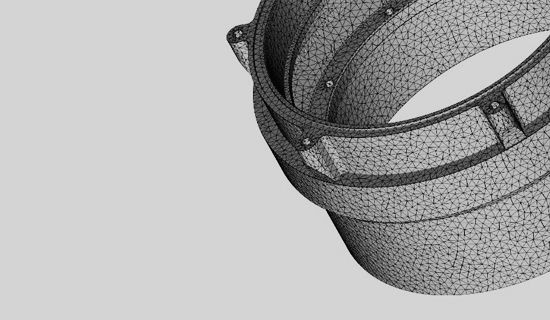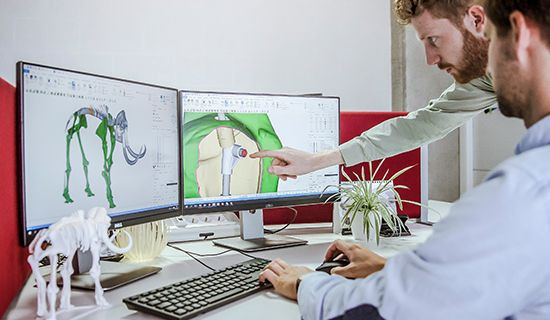Polycarbonates (PC) are among the most widely used industrial thermoplastics owing to the material’s excellent impact strength and temperature resistance. The mechanical properties of PC make this material ideal for demanding engineering environments or applications requiring high flexural strength and tensile strength.
Technical Specifications
| Standard lead time | Minimum of 5 working days, depending on part size, number of components and finishing degrees (online & offline orders) |
| Standard accuracy | ±0.15% (with lower limit on ±0.2 mm) |
| Layer thickness | 0.18 – 0.25 mm |
| Minimum wall thickness | 1 mm |
| Maximum part dimensions | 914 x 610 x 914 mm (offline orders) 406 x 355 x 406 mm (online orders) |
| Interlocking or enclosed parts? | No |
| Surface structure | Unfinished parts typically have a rough surface but all kinds of fine finishes are possible. FDM parts can be smoothed, painted and coated |
Datasheet
| MEASUREMENT | VALUE | STANDARD |
|---|---|---|
| Density | 1.2 g/cm³ | |
| Tensile Strength | 68 MPa | ASTM D638 |
| Tensile Modulus | 2280 MPa | ASTM D638 |
| Flexural Strength | 104 MPa | ASTM D790 |
| Flexural Modulus | 2234 MPa | ASTM D790 |
| Notched Izod Impact | 53 J/m | ASTM D256 |
| Unnotched Izod Impact | 320 J/m | ASTM D256 |
| Heat Deflection Temperature | 138°C 127°C |
ASTM D648 @ 0.45 MPa @ 1.81 MPa |
| Elongation at Break | 4.8% | |
| Flame Retardancy | HB 1.5 mm | UL 94 |
Actual values may vary with build condition
How Does Fused Deposition Modeling Work?
FDM is a filament-based technology where a temperature-controlled head extrudes a thermoplastic material layer by layer onto a build platform. A support structure is created where needed and built in a water-soluble material.








